July 01 (V7N) - A legal challenge by a Palestinian human rights organization seeking to block the United Kingdom from supplying components for Israeli F-35 fighter jets was rejected by British judges on Monday. The High Court in London ruled against Al-Haq, which had argued that the UK government's "carve out" allowing these exports was unlawful and risked complicity in alleged violations of international law by Israel in Gaza.
Israel has extensively utilized F-35 jets in its bombardments of Gaza, a conflict that has reportedly killed tens of thousands, predominantly Palestinian civilians, according to the Hamas-run territory's health ministry. The UK government had previously suspended some export licenses for military equipment after assessing a risk that Israel could be breaching international humanitarian law, but it had specifically exempted certain components for the Lockheed Martin F-35 stealth jets.
Al-Haq, supported in its case by Amnesty International, Human Rights Watch, and Oxfam, contended that this exemption was unlawful, alleging that the government had misunderstood applicable rules of international law. Lawyers for Al-Haq argued that the government knew there was a "clear risk" that Israel would use the jet parts to commit violations of international law. However, government lawyer James Eadie maintained that the UK's trade department acted lawfully and asserted that the court was not in a position to rule on the legality of Israel's actions, warning that doing so could have a "potentially deleterious" effect on "foreign relations with a friendly state, namely Israel."
Defence Secretary John Healey had previously stated that suspending the F-35 components would impact the "whole F-35 programme" and have a "profound impact on international peace and security," including potentially undermining US confidence in the UK and NATO. The UK contributes various components, such as refuelling probes, laser targeting systems, tires, and ejector seats, to the international defense program that produces and maintains the F-35s.
The High Court judges ultimately dismissed Al-Haq's challenge in a written ruling, asserting that the issue was one of national security and that it was a matter for the executive, which is democratically accountable, not for the courts, to decide on such sensitive political issues. Despite the ruling, human rights groups involved in the case described it as a setback but vowed to continue their advocacy, noting that the case had already brought significant attention to the issue of UK arms exports to Israel. Licensing figures cited by the UK-based NGO Campaign Against Arms Trade suggest a "shocking increase in military exports to Israel" in late 2024, after the initial partial suspensions were announced.
END/WD/RH/



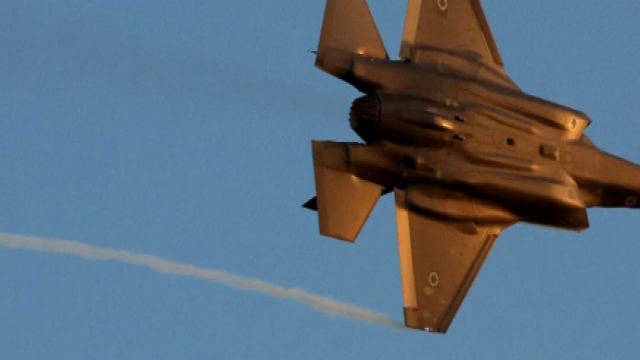
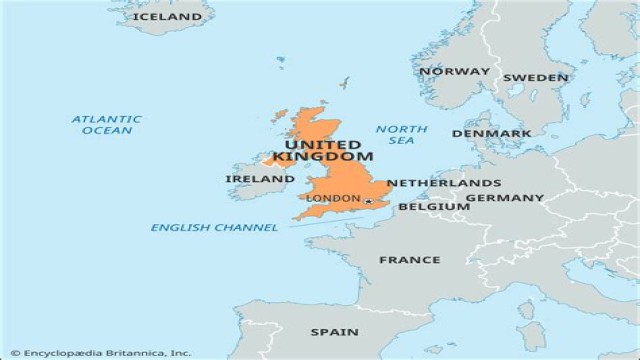


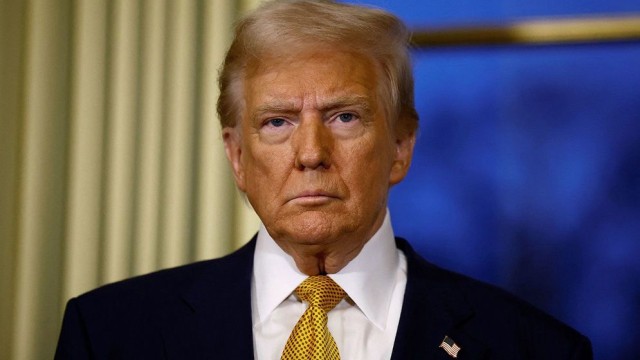


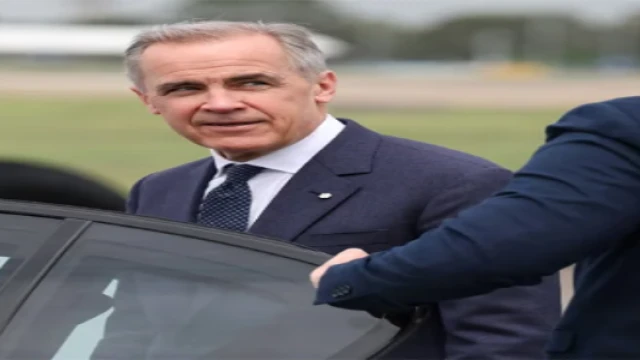

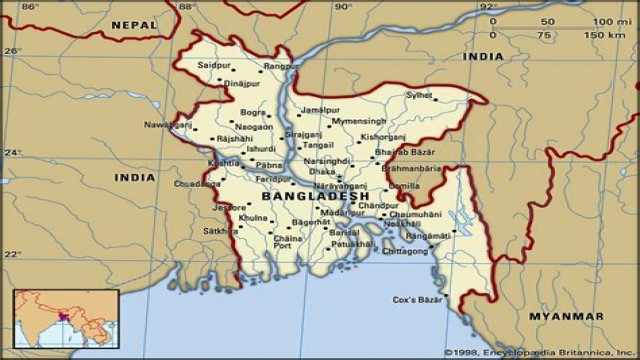













Comment: